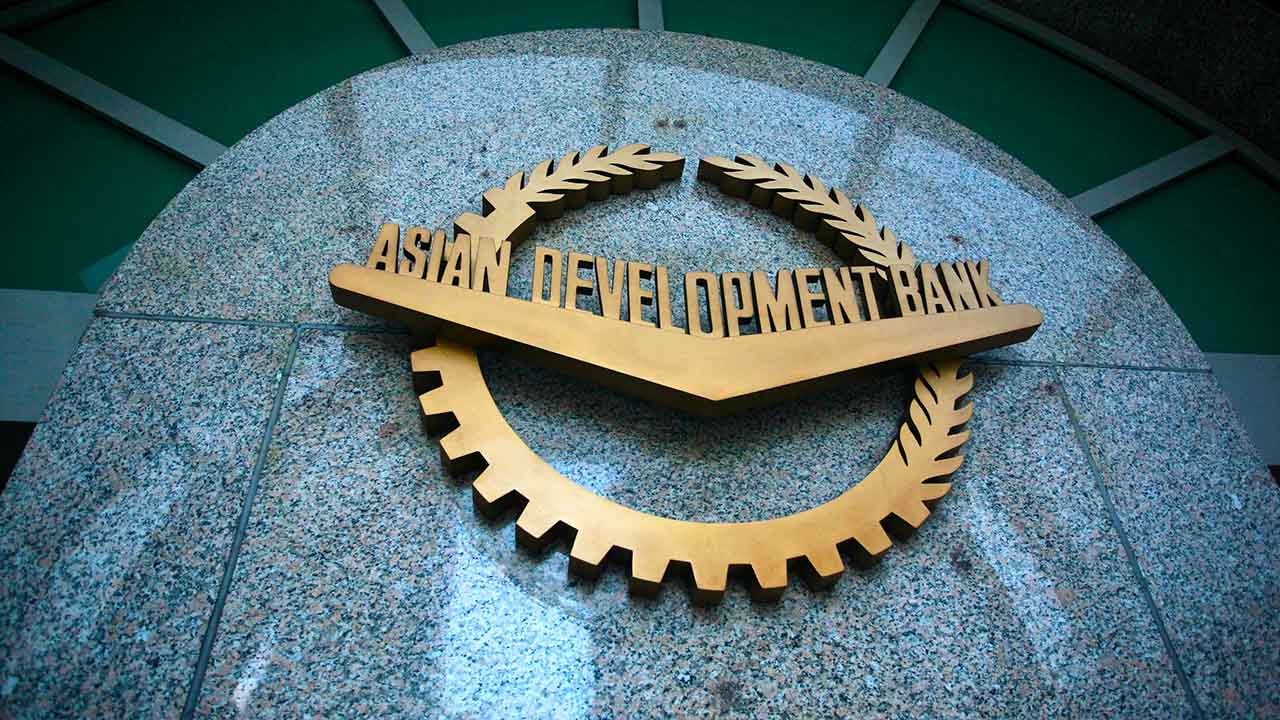The Asian Development Bank (ADB) has approved a $500 million policy-based loan to help Pakistan tackle climate change and improve disaster risk reduction and resilience.
“The Climate and Disaster Resilience Enhancement Program (CDREP) will strengthen Pakistan’s institutional capacity for planning, preparedness, and response; increase inclusive investment in disaster risk reduction and climate resilience; and support the scale-up of disaster risk financing using a risk-layered approach,” ADB said.
Besides funding for CDERP, the bank also approved a $1 million technical assistance grant for Pakistan to support the implementation of the programme.
The ADB highlighted that Pakistan is one of the most vulnerable countries in Asia and the Pacific to climate change and natural disasters, with annual disaster-related losses averaging over $2 billion.
“This program builds on ADB’s longstanding work in Pakistan to understand and reduce climate and disaster risks and support effective disaster response,” said ADB Director General Yevgeniy Zhukov.
“We are proud to support an integrated and comprehensive approach to climate and disaster risk management, including a portfolio of disaster risk financing instruments for timely and adequate funding for disaster response.”
The CDREP helps improve disaster risk mapping and modelling to guide investment and development decisions. It also boosts coordination for disaster monitoring and response.
“It supports enhanced planning and prioritization of gender-sensitive and resilient public investments, including integrated flood risk management and nature-based solutions,” ADB said.
It also helps raise climate finance from public and private sources, including the launch of a domestic green sukuk.
“A key innovation of the program is the use of ADB’s Contingent Disaster Financing option for the first time in the Central and West Asia region. This will provide quick disbursing budget support in the event of a disaster,” the lender said.
Furthermore, the programme will establish a solidarity fund to encourage the adoption of risk transfer solutions, such as agricultural insurance. It will also provide shock-responsive social protection to deliver cash assistance during disasters.







